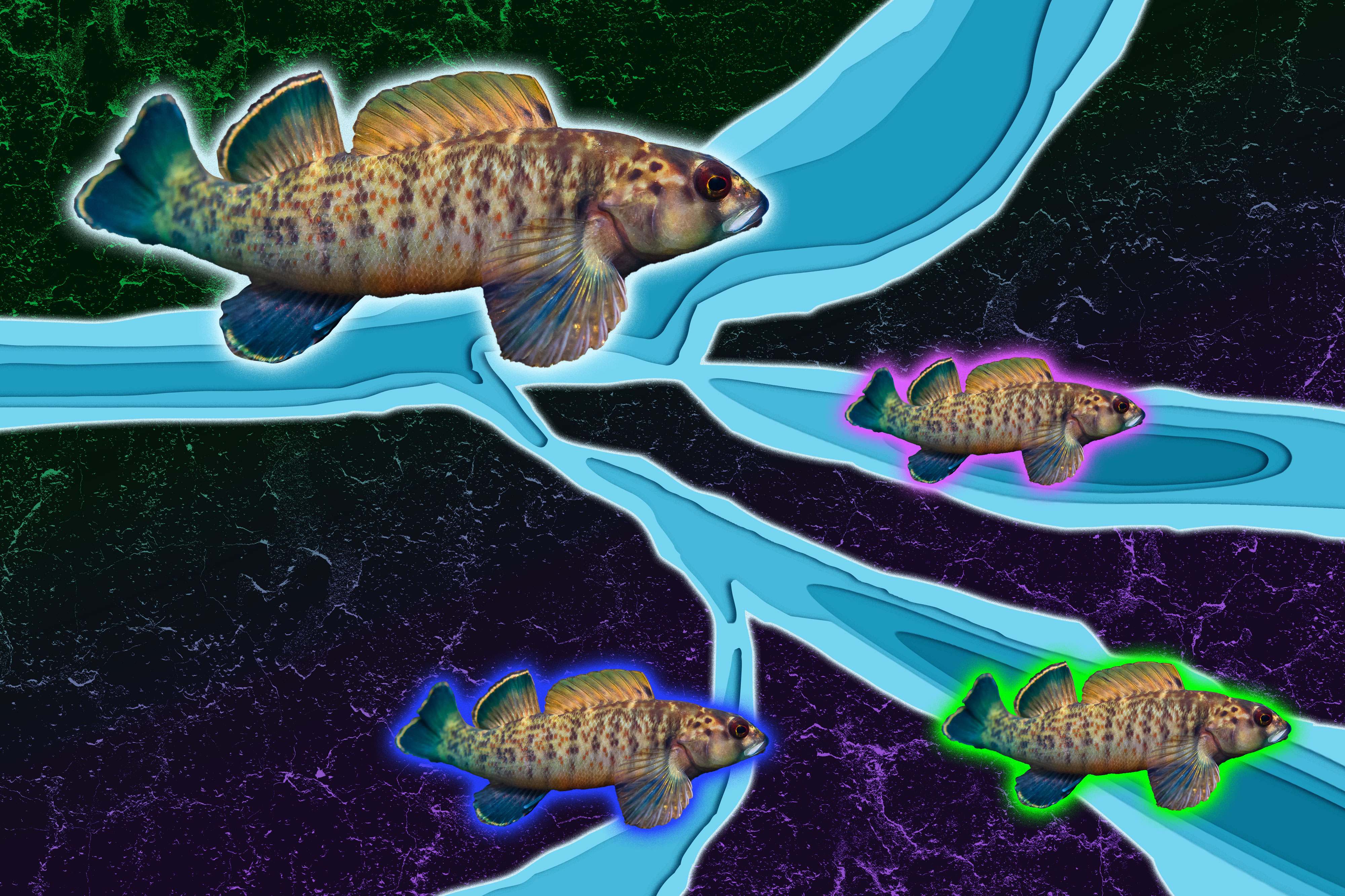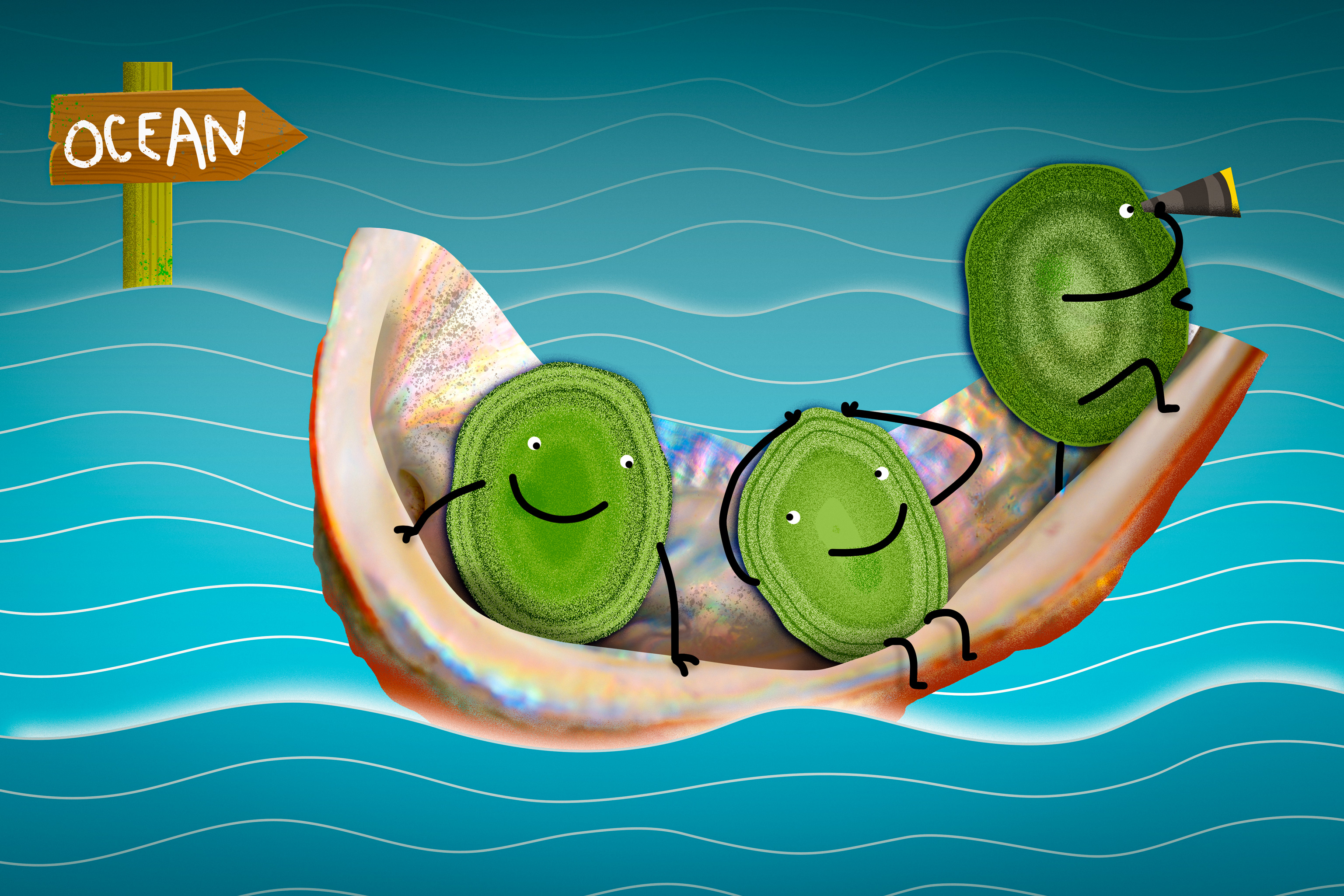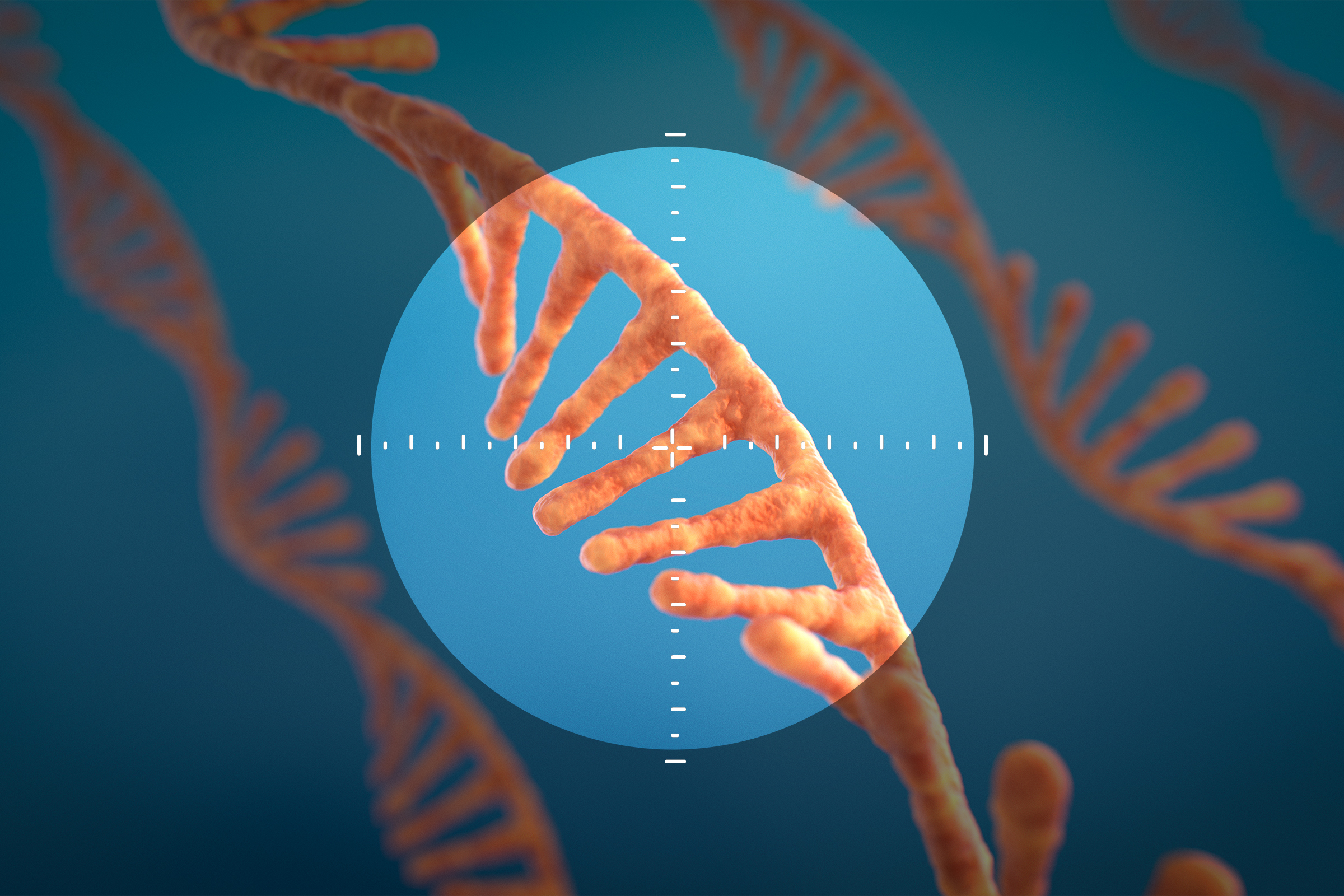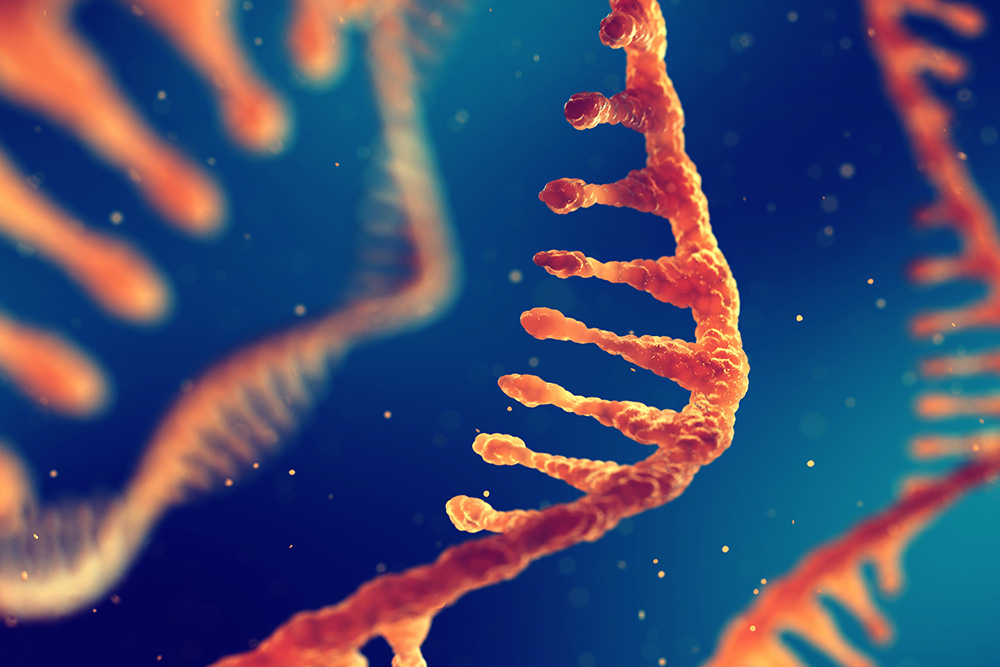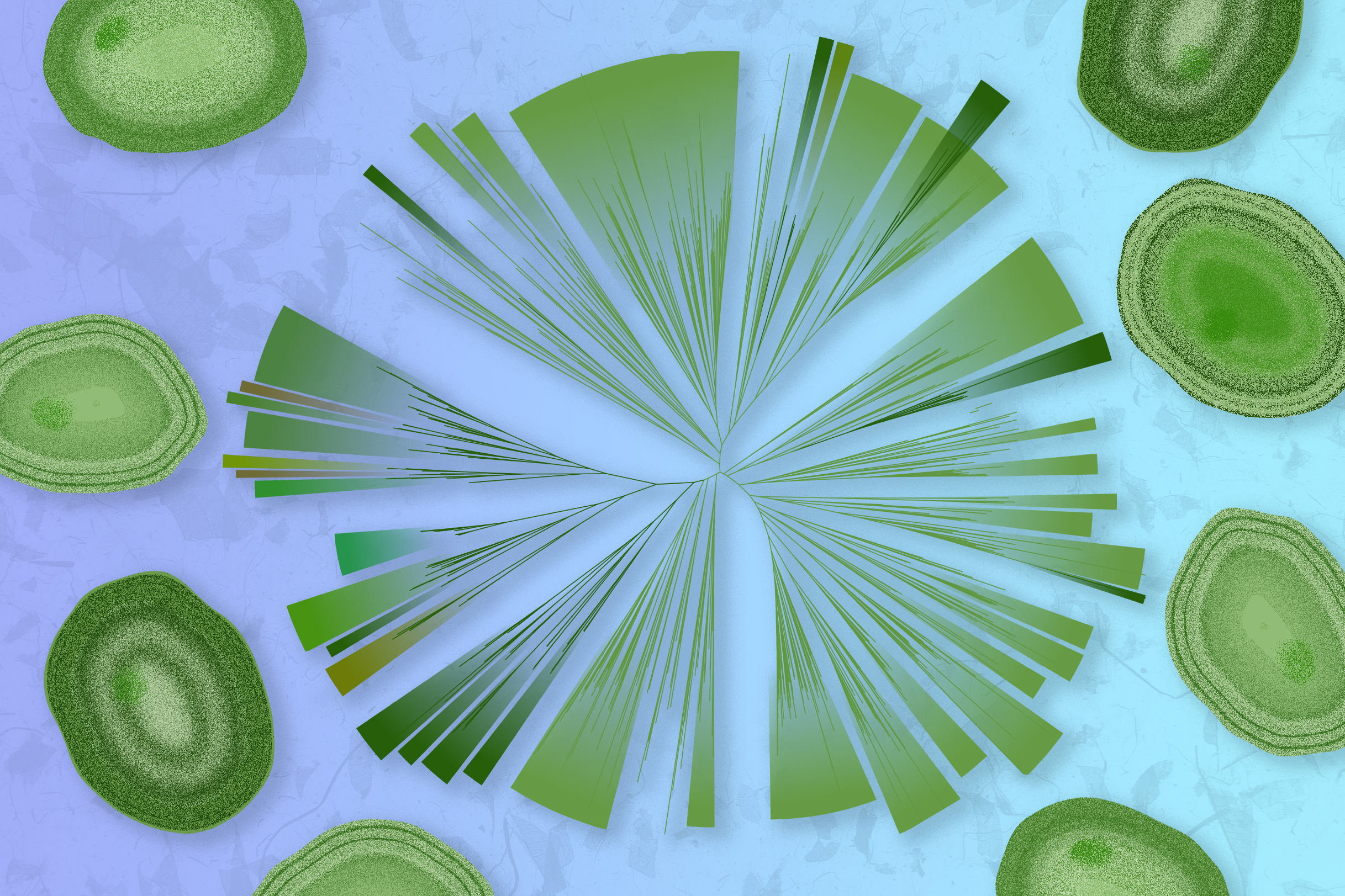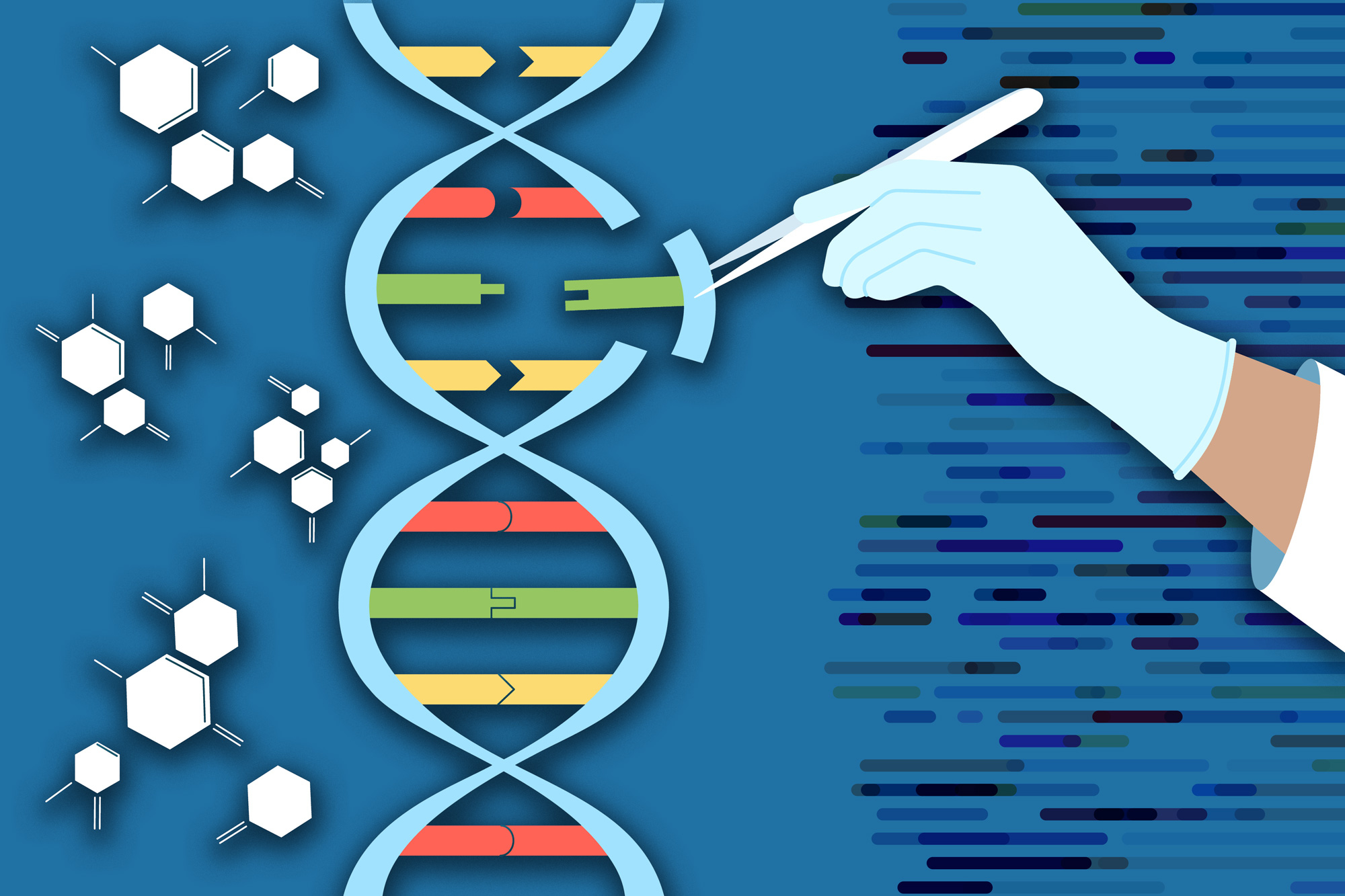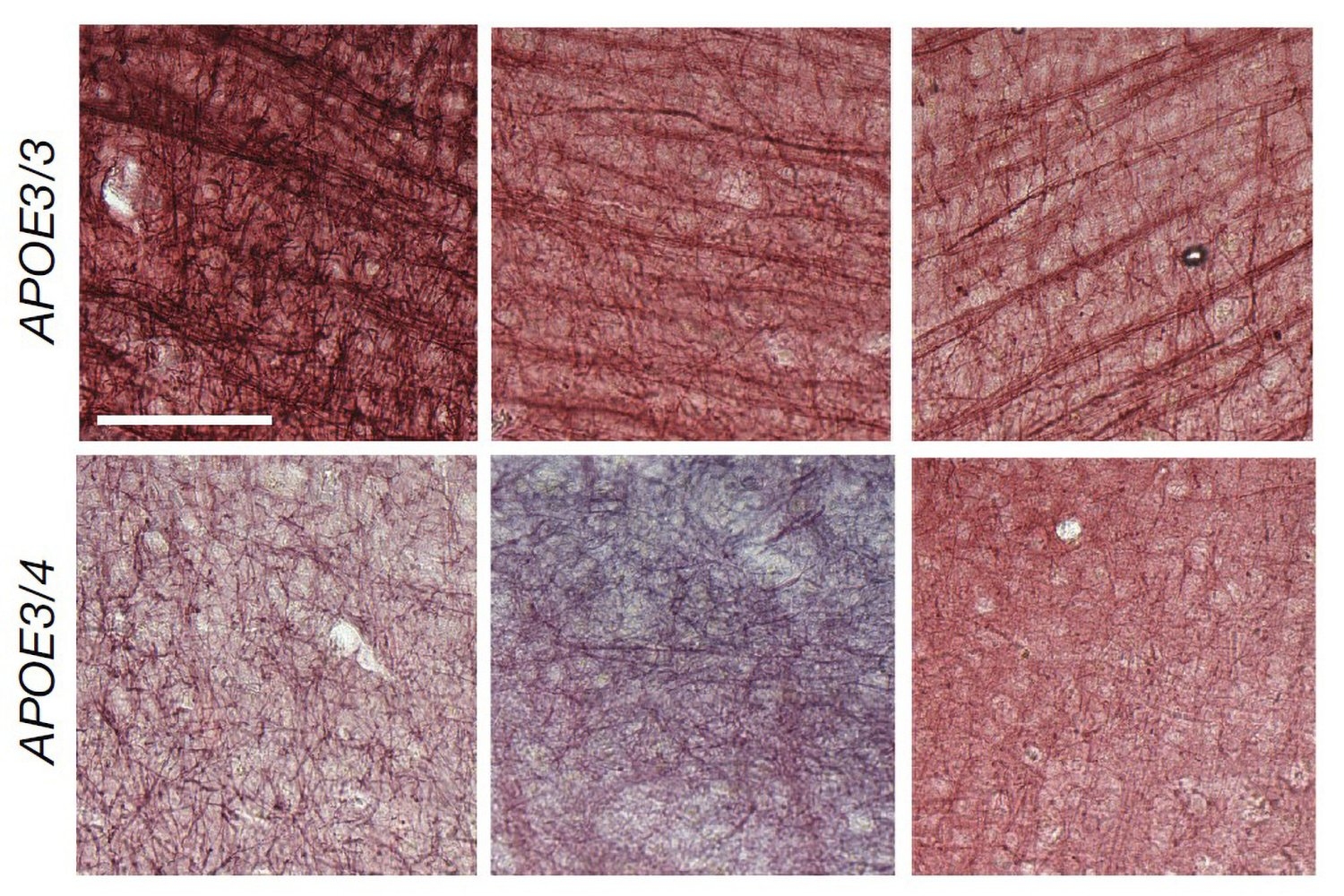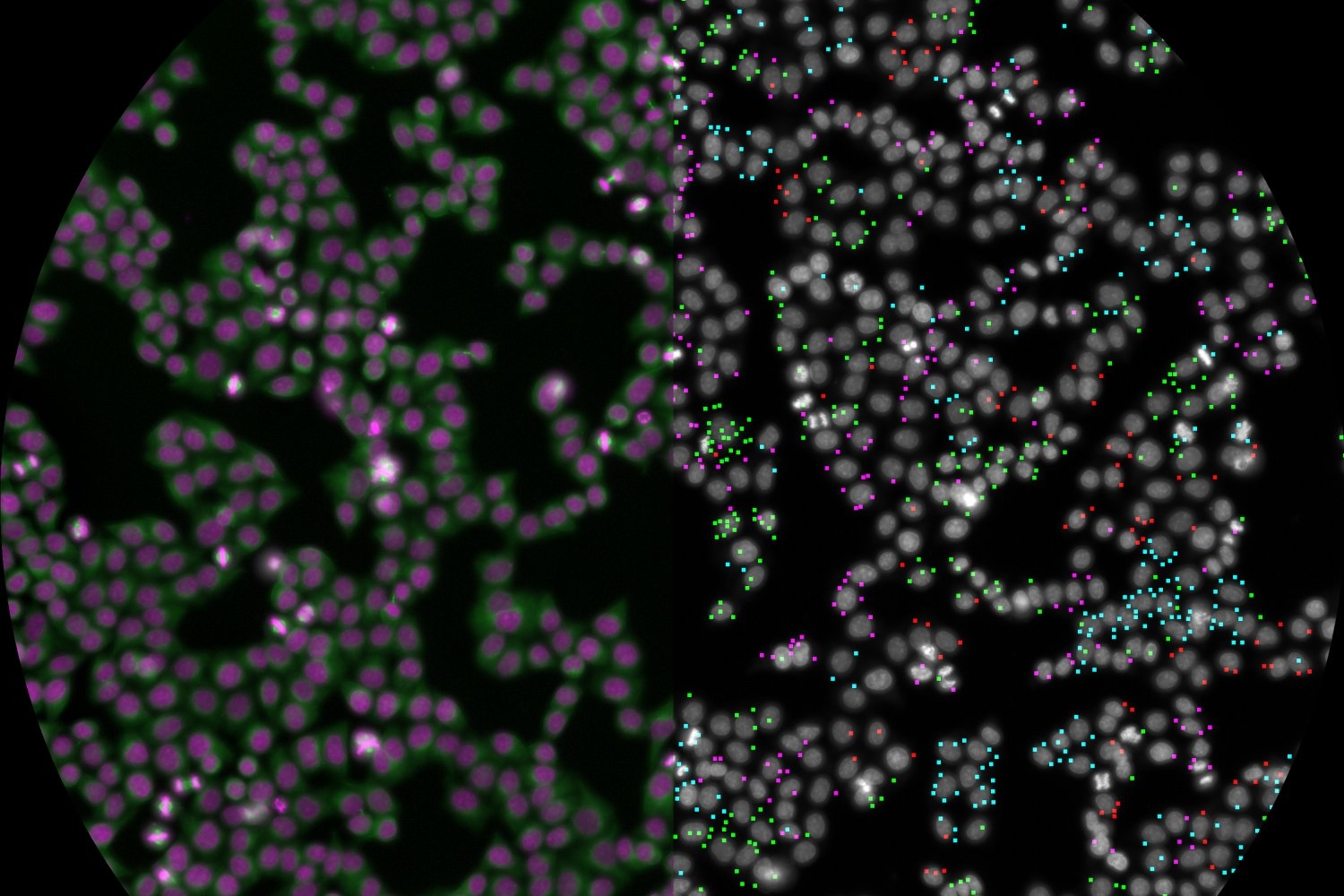New technologies reveal cross-cutting breakdowns in Alzheimer’s disease
“Single-cell profiling” is helping neuroscientists see how disease affects major brain cell types and identify common, potentially targetable pathways.
David Orenstein | Picower Institute for Learning and Memory •
mit
Jan. 18, 2023 • ~6 min
Jan. 18, 2023 • ~6 min
Scientists discover a new way of sharing genetic information in a common ocean microbe
Prochlorococcus, the world’s most abundant photosynthetic organism, reveals a gene-transfer mechanism that may be key to its abundance and diversity.
David L. Chandler | MIT News Office •
mit
Jan. 5, 2023 • ~8 min
Jan. 5, 2023 • ~8 min
Alzheimer’s risk gene undermines insulation of brain’s “wiring”
In people carrying APOE4, a key brain cell mismanages cholesterol needed to insulate neurons properly — another sign APOE4 contributes to disease by disrupting brain lipids.
David Orenstein | Picower Institute for Learning and Memory •
mit
Nov. 22, 2022 • ~8 min
Nov. 22, 2022 • ~8 min
/
23

